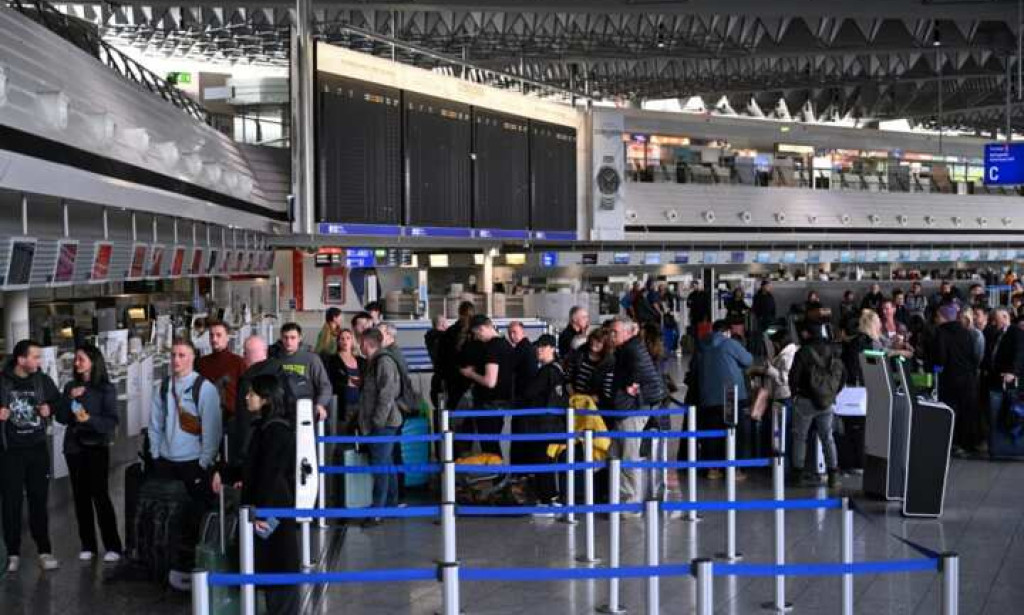Germany has been plunged into chaos by a surge of strike actions in recent weeks, disrupting key sectors and exacerbating economic challenges exacerbated by soaring inflation. The strikes have crippled transportation services, with rail, bus, and airport workers staging walkouts amid contentious wage negotiations, a departure from Germany's usual reputation for harmonious labor relations. Lufthansa, for instance, had to cancel the majority of its flights on Wednesday due to strikes by airport ground staff.
When Did the Strikes Begin?
The labor unrest has been brewing since the end of 2022, coinciding with a 4% decline in real wages since the onset of the Ukraine conflict. Despite some sectors witnessing pay increases of up to 10% last year, high inflation at 5.3% has fueled discontent, leading to a surge in strikes across various industries.
Why the Surge Now?
Workers are feeling the squeeze on their income, exacerbated by persistent inflation, while labor shortages have bolstered the bargaining power of unions. However, demands clash with the financial struggles of many businesses, complicating efforts for swift resolutions.
Are Labor Relations at a Breaking Point?
The proliferation of strikes is testing Germany's traditionally consensus-driven labor relations. The pandemic had seen unions more willing to compromise, but recent events mark a departure from this trend, challenging the core of the German labor model.
What Support Do the Strikes Garner?
Although collective agreements now cover fewer workers compared to a decade ago, the current wave of strikes has garnered significant support, evidenced by high participation rates and a rise in union membership.
What's Next?
With few breakthrough agreements reached between unions and management, the wave of strikes could persist, with the potential for other industries, such as the chemicals sector, to join the fray in the coming months. The situation remains fluid, with uncertainties looming over the German labor landscape.

You must be logged in to post a comment.